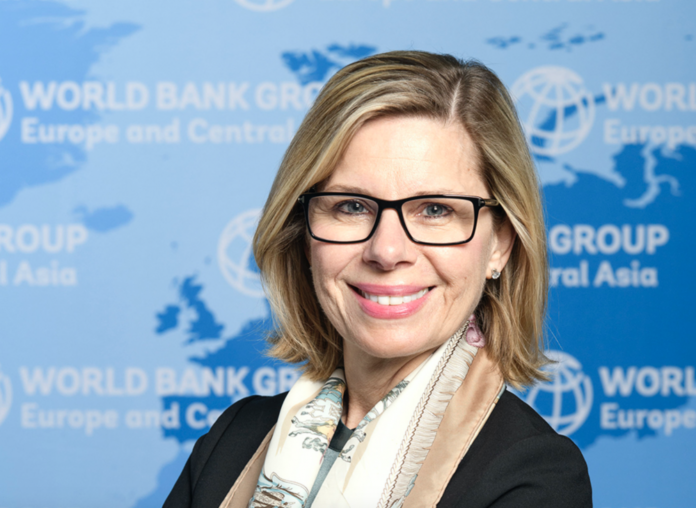Global financial institution, World Bank, is warning of interruption to the power supply in Ghana if government fails to fix the financial challenges facing the energy sector.
According to the World Bank, the lack of effective revenue collection and billing systems is a threat to the stability of the sector.
This affirms earlier concerns raised by the IMF to which government is expected to implement reforms as part of the country’s economic recovery program.
Speaking at a news conference, the Managing Director of Operations at the World Bank, Anna Bjerde said without an urgent action plan, the state will spend more to deal with the energy sector crisis.
“Ghana has both financial losses and losses in the network itself and if this is not arrested and addressed with an emergency action plan, it will get worse and it will cause the state more to keep the energy sector running at a time when they need to spend money on other things and it’s a waste because the energy that is lost is actually energy that should be consumed and properly paid for and so forth.
“If you are providing electricity, billing for it and not collecting for it then you know where the problem is and you can go and try to collect the revenue you need or even as needed and if there are customers that just refuse to pay, you might also have to disconnect them.
“But you need metering, you need billing and you need a collection that functions really well because these are the basic perimeters that you need to actually bill and collect properly.”
Madam Anna Bjerde also pointed out that there are challenges with how revenue collected is distributed among the players in the value chain.
She believes the generators of power or electricity must benefit from the revenue collected.
“Most of the cost in the energy sector is not on the front end of the distribution company, it is on the generation side. So the money now has to flow from when you have collected it back up to the generation of electricity and if it doesn’t, those generators will not be able to keep producing electricity.
“Then you will end up with interruption of supply and then you will really have an economic problem and economic growth will be impacted not to mention the impact on the welfare of the Ghanaian population whether it is in school or in health clinics or people’s homes.
“So this needs urgent attention and you really need to work across this spectrum of energy, the Ministry of Finance, the social protection to be able to put this comprehensive package of emergency measures in place and you need to invest in this billing and collection and metering system to be able to get it done quickly.”
The Managing Director of Operations at the World Bank was optimistic that government can resolve the challenges in the energy sector if more attention is paid to it.
“It is not rocket science, it is difficult, it requires a lot of attention day to day to get it done and it can be done but if it is left unattended, the situation will be worse.
“It will cost the state more and there will be energy disruptions as we see in some other countries which made the economy collapse and it will have huge hardship on the population.”
She explained that the World Bank is providing technical assistance to enable Ghana to deal with the challenge.
The World Bank also used the platform to urge the nation to protect the vulnerable in the face of tariff adjustments.
“What the energy sector needs is really an urgent energy action plan that corrects the situation and that is now what the government is very much working on we are supporting this but as we have been discussing over the last few days, the billing and collection need to be on the basis of proper monitoring so that you know where the problems are,” she stressed.

